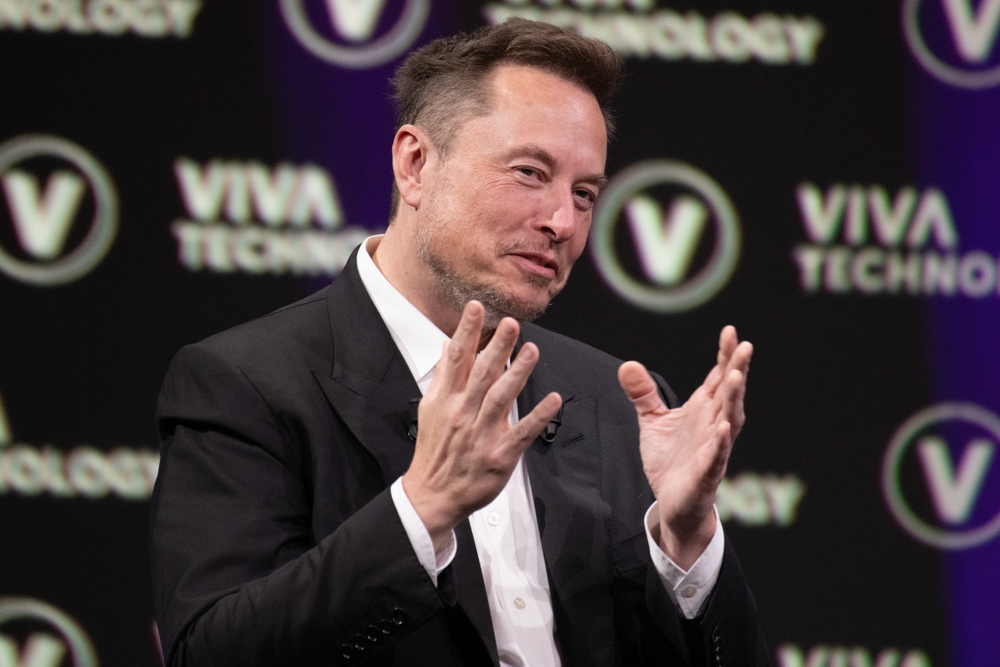Newsom dismissed the claims as baseless.
Others are reading now
Wildfires have long been a challenge for California, where natural conditions and human activities combine to create severe fire seasons.
These events often bring discussions about climate, resource management, and emergency responses to the forefront.
At times, they also spark heated exchanges about leadership and responsibility.
Also read
Sharing Misleading Information
The recent fires in Los Angeles, which have taken at least 24 lives and destroyed numerous properties, have led to a public clash between Governor Gavin Newsom and billionaire Elon Musk.
The dispute began when Musk, owner of X (formerly Twitter), alleged that poor governance and resource mismanagement were to blame for the devastation, pointing specifically to water shortages, according to Digi24.
In response, Newsom dismissed the claims as baseless, sharing a video on X in which a firefighter assured that water supplies were sufficient.
Newsom also criticized Musk for sharing misleading posts, including one that incorrectly accused California of legalizing theft, saying such actions encourage public distrust.
Musk’s remarks have fueled renewed discussions about the role of misinformation on social media platforms.
Since acquiring X in 2022, Musk has faced criticism for reducing oversight on the platform, which some say has allowed false narratives to spread unchecked.
With his posts reaching over 200 million followers, the influence of his statements is significant, especially during times of crisis.
Alongside this exchange, inaccurate claims about the wildfires have been circulating online.
Some posts question the effectiveness of California’s progressive policies, while others falsely promote opportunities for paid fire cleanup work, prompting state officials to issue warnings against such scams.


